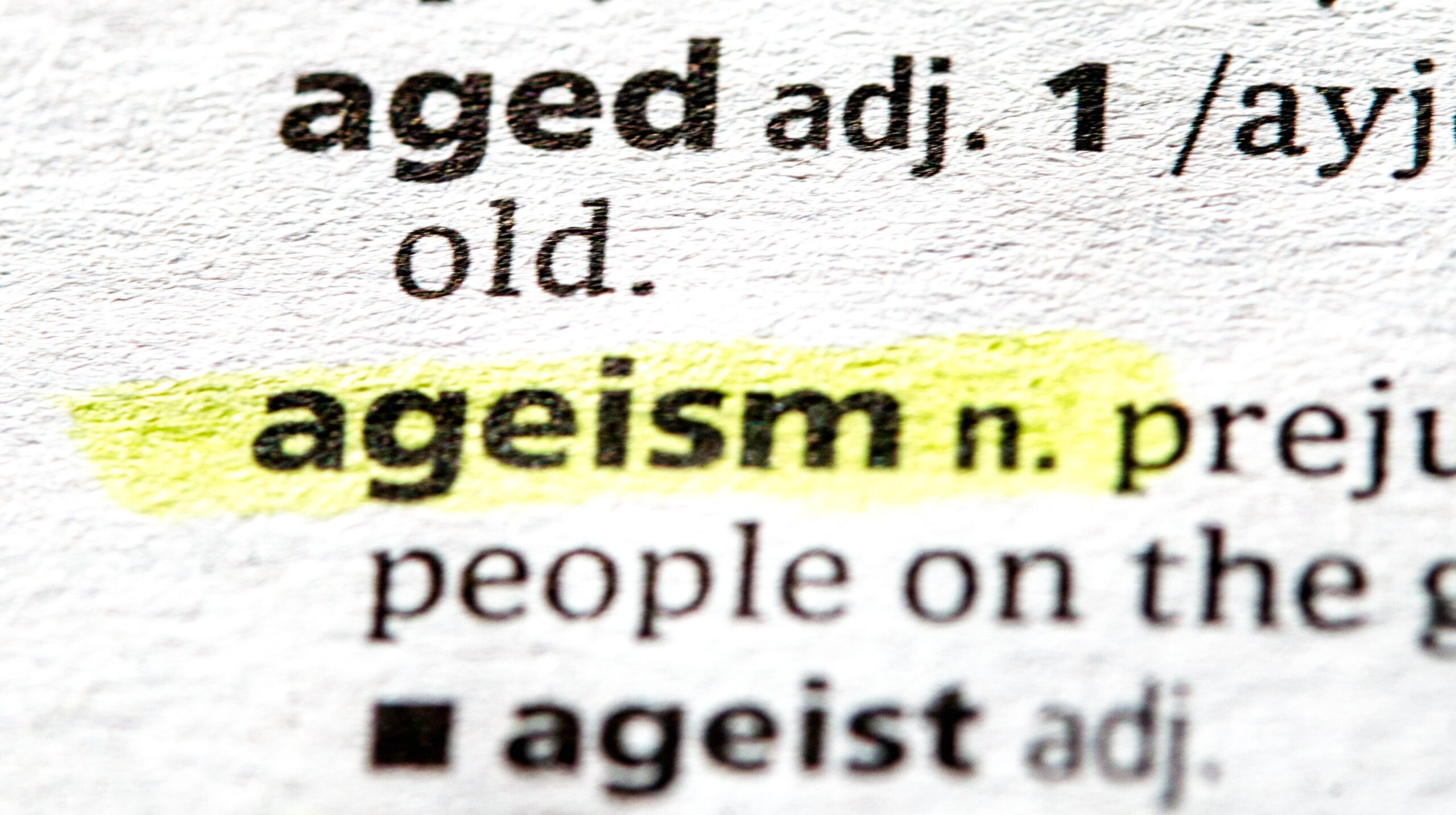When we attribute thoughts, feelings, or beliefs to an individual or group based solely on a specific characteristic, we risk falling into the trap of an “-ism.” For example, when it’s based on race, it’s racism; when it’s based on sex, it’s sexism; and when it involves age, it’s ageism. While ageist beliefs can be directed toward any age group, they are most often associated with older adults. These implicit and explicit biases can significantly influence our perceptions, interactions, and ability to serve older adults effectively. This webinar will explore the impact of ageism and provide strategies for recognizing and addressing age-related biases in our work.
Learning Objectives:
- Identify personal and societal beliefs about aging.
- Describe aging and lifespan development theories.
- Examine ideas of opportunity and loss with aging.
- Identify strategies to help address implicit bias.












